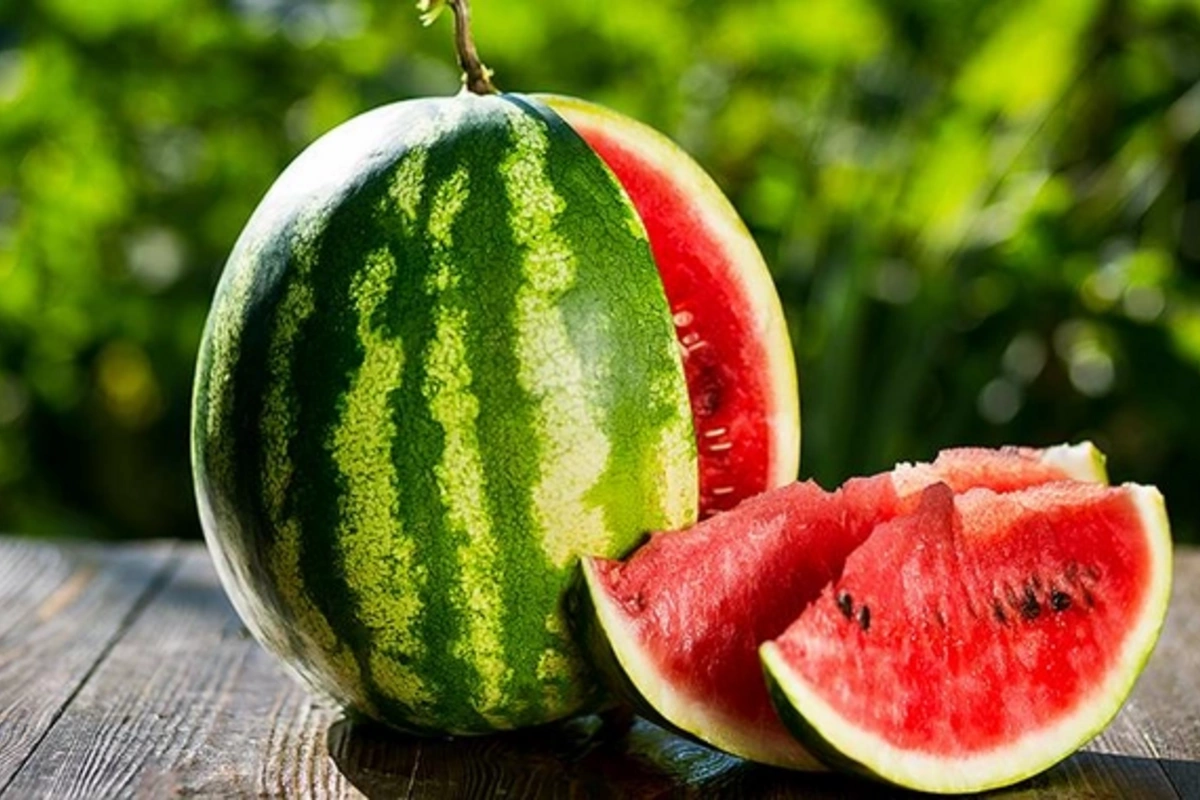27 Jul , 14:25
0

Watermelon season is in full swing: why some fruits "burn" the throat and what does this indicate?
The height of summer has brought long-awaited watermelons to the shelves, but many fans of this juicy berry encounter an interesting phenomenon: sometimes when consuming particularly sweet fruits, there's a sensation of "burning" in the throat. Specialists reveal the secret of this phenomenon and explain whether there's cause for concern.
Agronomists and nutritionists claim that the cause of the "burning" sweetness can be both the natural concentration of sugars and growing conditions. During ripening, watermelons accumulate fructose and glucose, and their quantity directly depends on the intensity of sunlight, temperature conditions, and access to moisture. In particularly hot and dry periods, the plant retains more moisture, which leads to increased concentration of sugars in the flesh – this is what can cause that sharp, almost cloying taste.
However, experts warn: the cause isn't always just sugars. The "burning" sensation may indicate elevated levels of certain organic acids or even nitrates. The latter are actively used in modern intensive agriculture to stimulate fruit growth, and their excess can not only create discomfort when consumed but also negatively affect the consumer's health.
The factor of individual sensitivity cannot be discounted either. Some people may experience irritation of the throat mucosa as a reaction to natural compounds contained in watermelon, especially if a significant amount of flesh is eaten in one sitting.
To choose a safe and truly delicious watermelon, specialists recommend paying attention to a complex of signs: characteristic aroma, a dull sound when tapped, uniform coloring of the rind, and absence of damage. And, importantly, observe moderation – even the highest quality and juiciest watermelon should not become a substitute for a balanced diet.